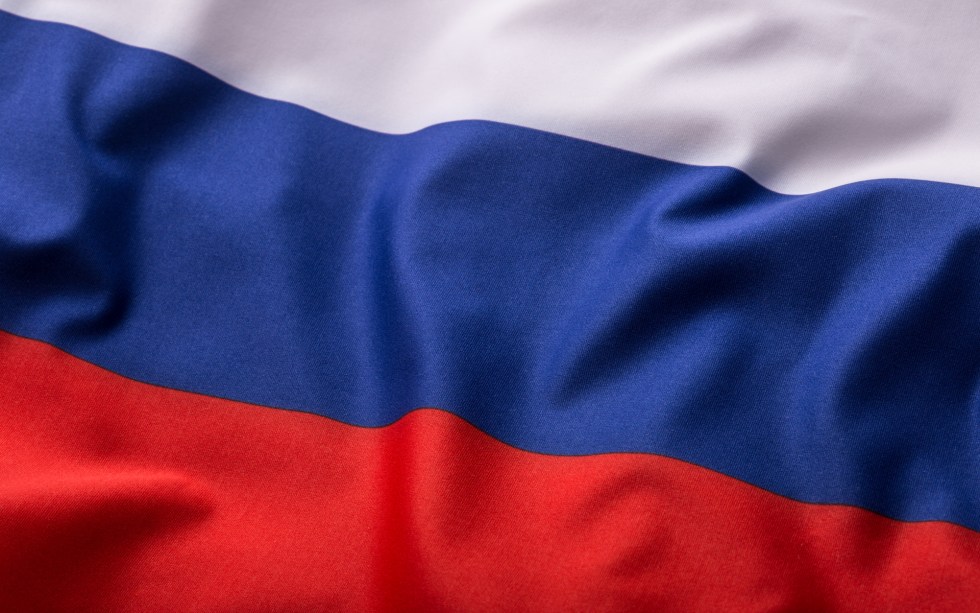Russia plans to spend 28.4 billion rubles (over $450 million) on the development of blockchain until 2024. While this is 50% lower than previous figures, the strategy would still help the Russian economy save 500 billion rubles (about $8 billion).
Russia to Spend Less on Blockchain
According to the Rostec, the state-owned tech-oriented corporation, blockchain spending in the next four years will be reduced to 28.4 billion rubles from previously voiced figures of 55-85 billion rubles.
The funds will be allocated to the implementation of blockchain in the supply chain management (labeling goods), the housing sector, and other industries, according to local media agency Kommersant, citing Rostec’s roadmap.
The main reason why spending has been reduced is that the “universal euphoria” around the technology has been weakening, several experts claim.
Out of 28.4 billion rubles planned for blockchain, 9.5 billion will be allocated from budgetary funds, while 18.9 billion from extrabudgetary funds.
The distributed ledger technology (DLT), an umbrella term that comprises blockchain, will help the Russian economy save 500 billion rubles and collect up to 600 billion rubles in the form of taxes. Thus, blockchain’s effect on Russia’s economy is expected at 1.1 trillion rubles, which is the equivalent of $17.5 billion.
The document with the roadmap was sent for approval to the Ministry of Communications and the Analytical Center for the government.
Blockchain to Benefit Multiple Sectors
According to the project proposed by Rostec, Russia will spend 650 million rubles to introduce the technology into the product labeling systems. The launch of the DLT in healthcare will require 1.17 billion rubles, of which 575 million will go to monitoring systems that prevent counterfeit drugs.
475 million rubles will go for the implementation of blockchain in the housing and communal services. 350 million of it will be spent on a platform for accounting and distribution of utility bills.
Another 475 million rubles will be allocated to a system for collecting, accounting, and monitoring resource consumption.
Do you think blockchain has the potential to transform various aspects of Russia’s economy? Share your thoughts in the comments section!
Image via Shutterstock
